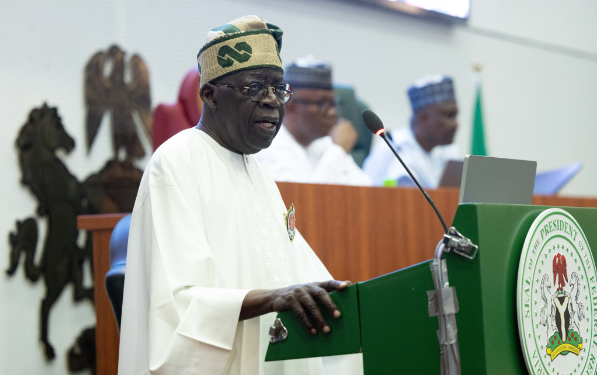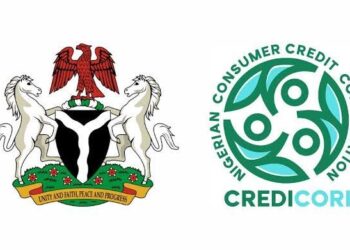The Federal Government has included a N100 billion Consumer Credit Fund in the 2024 budget in response to the growing cost of living and increasing borrowing trends among Nigerians.
The move comes as Nigerians borrowed approximately N740 billion from banks between January and September 2023, reflecting the economic challenges posed by persistent inflation and dwindling purchasing power.
More Insights
Consumer credit, as reported in the Central Bank of Nigeria’s (CBN) quarterly economic reports, surged from N2.31 trillion at the end of Q4 2022 to N3.05 trillion by the end of Q3 2023, marking a 32% increase or N740 billion in nine months. Personal loans constituted 74.8% of consumer credit, with retail loans making up the remaining 25.2%.
Inflation in Nigeria has been on the rise, impacting the cost of essentials such as food, fuel, and rent. The World Bank estimates that inflation drove about four million Nigerians into poverty in the first five months of 2023.
The Federal Government aims to address the challenges posed by inflation and increasing borrowing by introducing the N100 billion consumer credit fund.
The Presidential Council on Industrial Revitalization recently established a Technical Working Group, comprising members from the CBN, the National Identity Management Commission (NIMC), and the Federal Competition and Consumer Commission (FCCPC), to develop a framework enhancing consumer credit in Nigeria.
The Minister of Industry, Trade and Investment, Dr. Doris Nkiruka Uzoka-Anite, emphasized the importance of an efficient consumer credit system in improving market efficiencies and addressing gaps in consumption and productivity. The Technical Working Group aims to propose and implement a viable institutional and regulatory framework to enhance the consumer credit landscape.
Speaking during the inaugural meeting of the Technical Working Group for Consumer Finance, Nkiruka Uzoka-Anite, said:
- “An efficient consumer credit system is a highly essential component of successful economies, as it works to improve market efficiencies and fill in gaps in consumption and productivity by providing consumers immediate access to credit allowing them to purchase ahead of ability. The absence of a well-structured consumer credit system has been a significant impediment to financial inclusion and economic prosperity.”
She added:
- “Nigeria has numerous financial institutions and credit schemes, but many Nigerians still face substantial hurdles in accessing credit due to stringent eligibility criteria, high-interest rates, identity-related challenges, fragmented data sources for proof of livelihood and financial worth, lack of awareness or understanding of credit processes, and inadequate credit available for lending.”
The introduction of the consumer credit fund aligns with the government’s efforts to stimulate economic growth and alleviate financial challenges faced by individuals in the country.

























